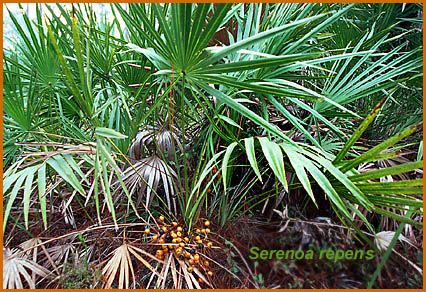
the Arizona Cancer Center garnered a $58,000 grant to determine whether sweet cherries can prevent prostate cancer.
the study, funded by Northwest Cherries, a division of the Washington State Fruit Commission, would allow researchers to recruit men who may be at risk for prostate cancer, said Dr. Patricia Thompson, an assistant professor of public health. this includes men who have a family history of prostate cancer, being overweight or having a slightly elevated prostate-specific antigen, a protein produced by cells in the prostate gland.
the goal is to recruit 30 male participants, Thompson said. Participants will be required to consume three cups of cherries per day for four weeks.
“The hypothesis is that cherries and other red, blue pigmented fruits contain a compound called anthocyanins,” Thompson said. She said the sweet cherries are “a rich source of what we call a bioactive,” a compound that provides health benefits.
Studies have shown that this compound has similar non-steroidal and anti-inflammatory properties as ibuprofen and aspirin, she said. Anthocyanins have also displayed anti-cancerous properties.
Thompson said the study would be used to identify men who already have an elevated inflammatory state so that it can be monitored.
Specifically, researchers will be looking for prostaglandins, which are molecules that cause inflammation, she said. These are associated with cancer and cardiovascular risk.
Thompson, the primary investigator of the study, will also be conducting the study with nutritional sciences graduate student Lindsey Diemert as a part of Diemert’s master’s thesis.
Diemert said it is beneficial to be working with a whole food rather than a portion of it.
“We’re going to make sure that when they’re eating the cherries, we’re seeing those anthocyanins within the system,” Diemert said.
Procedures, such as urine sample collection, will be done to measure any inflammation of the prostate, Thompson said. they also want to find out how much anthocyanin passes through the digestive tract and into the blood when eating fruits that contain the compound, like cherries.
the compound only stays in the blood for six hours, which is why participants will be consuming cherries throughout the day to increase the levels of anthocyanins in the bloodstream.
Participants will also have their blood drawn before and after the consumption of the sweet cherries during the study to see how much of the compound remains in the blood, she said.
“Prostate cancer can be silent in terms of symptoms,” Thompson said.
Prostatitis, which is an inflammation of the prostate gland, may or may not mean someone has cancer. Prostate cancer is picked up with routine screening of the prostate-specific antigen blood test, which is what clinicians look for, she said.
A digital exam of the prostate will also be performed to see if there is any enlargement of the prostate. Clinicians will look for elevated PSAs and enlargement of the prostate gland, Thompson said.
“It doesn’t necessarily have to present with symptoms,” she said, “and symptoms could be related to benign prostatitis.”
Prostate cancer is associated with age and is common among men in their 30s and 40s, she said, but the underlying cause is still unknown. African American men are more susceptible to getting prostate cancer at an earlier age, Thompson said.
“It’s a pretty significant health problem in older men,” she said.
the disease carries a tremendous amount of morbidity. for example, if someone has surgery, sexual dysfunction and bladder dysfunction can occur as a result, Thompson said.
Diemert looks at the study as a valuable research opportunity in taking the next step toward prostate cancer prevention, she said.
“From what we’ve seen in self-cultures and animal models, we do think it’s going to be beneficial,” she said.
if the study proves to have positive effects, cherries will be recommended in order to aid men in the prevention of inflammatory diseases such as prostate cancer, Diemert said.